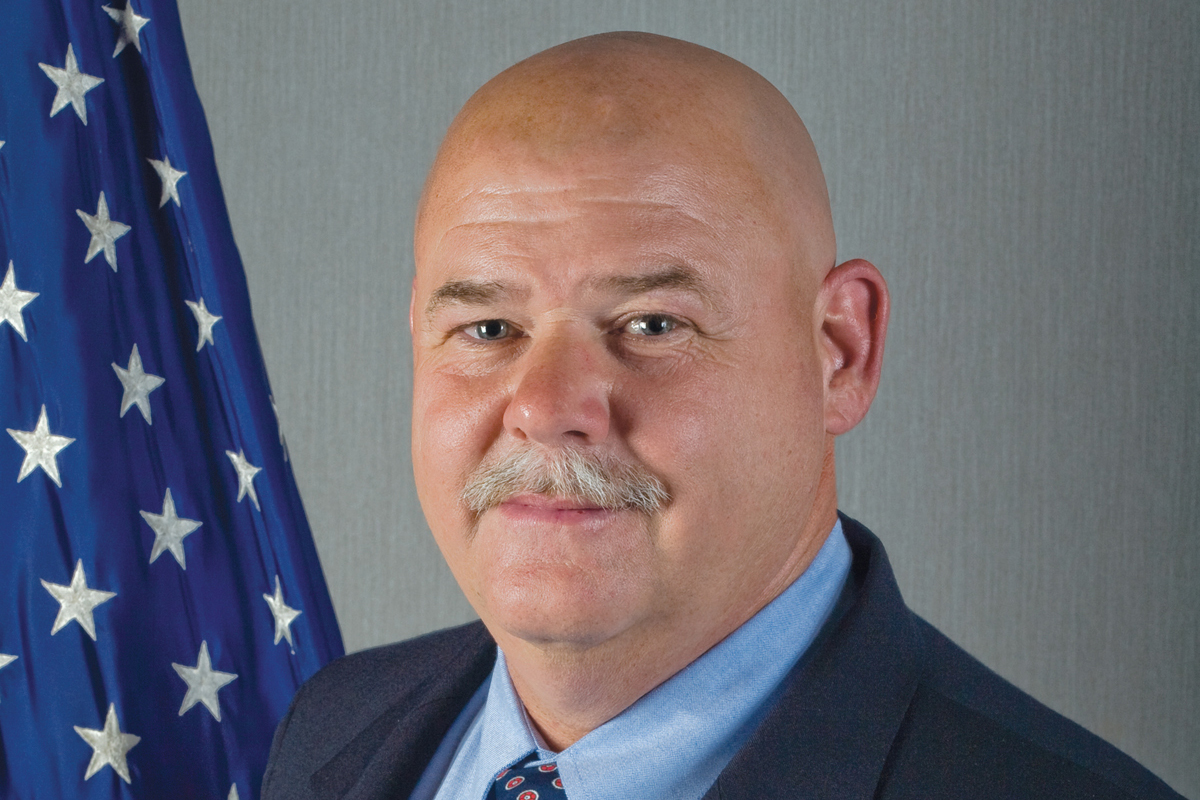The COVID-19 pandemic has affected everyday life the world over, and Long Island water providers have met the challenge without exception since the terrible virus first appeared on these shores. The members of the Nassau Suffolk Water Commissioners’ Association (NSWCA), which consists of 21 voter-elected water districts, have kept the water flowing to over 620,000 consumers without interruption and in compliance with all local, federal and state regulations.
Long Island’s public water supply remains unaffected by the COVID-19 coronavirus outbreak. The Centers for Disease Control (CDC) and the World Health Organization have confirmed that the COVID-19 virus is not waterborne and that the standard disinfection done by water suppliers as regular practices are an effective method for inactivating the COVID-19 virus. Still, one important aspect has changed.
“I believe this pandemic is rewriting the dictionary on the definition of the word hero,” Nassau Suffolk Water Commissioners’ Association (NSWCA) President Bill Schuckmann commented. “It certainly fits all those on the front lines, the medical personnel, EMTs, police, firefighters and now also water technicians, field crews, supervisors and engineers – who are considered essential service providers. They aren’t ordinarily thought of as heroes, but they are men and women who have risen above the call of duty, braving the dangers of this devastating pandemic on behalf of the public we serve."
Mr. Schuckmann, who is also a Hicksville Water District Commissioner, stated, "I am proud of each and every one of our service men and women from all our Districts, and I am grateful for their efforts.”

Gary Brosnan, South Farmingdale Water District Commissioner and former NSWCA President. Photo Credit: NSWCA
Fortunately, there have been no issues in carrying out the operations of supplying water to homes and businesses or to firefighting in the communities serviced by the NSWCA.
“Though the suddenness of the pandemic caused water providers to adapt our existing emergency procedures and protocols, our voter-elected commissioners and the superintendents throughout our member districts were able to deploy revised safety plans quickly and effectively”, Gary Brosnan, South Farmingdale Water District Commissioner and NSWCA member commented. “Implementation began without a hitch and has continued smoothly, which is a tribute to being proactive and to having a solid plan in place to begin with.”
The adaptations proved highly successful. Through its public access website, www.nswcawater.org, the NSWCA posted and continues to post urgent news and updates about COVID-19, stressing District response and compliance. NSWCA meetings and trainings are now held virtually. Communications between all 21 commissioner-run Districts continue regularly through conference calls and emails. More information was posted on the NSWCA intranet section regarding supply chain, rescheduling of meetings, ongoing communications and most importantly, safety of the work force.
While all commissioner-run District offices have been closed to the public and all home visits put on hold except for emergencies, providing water around the clock still requires 24/7 supervision. That, in turn requires trained professional people. Safety precautions were detailed and communicated to all workers in all member Districts in both Nassau and Suffolk, ranging from hygiene regulations to social distancing to mandatory usage of masks and gloves.
“While work plans remained up to the individual Districts, the NSWCA advised on different kinds of split shifts and staggering work times, as well as working from different locations," added Commissioner Patricia Peterson, Locust Valley Water District Commissioner and NSWCA Secretary.
“It’s not over yet,” President Schuckmann stated categorically. “No one can predict when this situation will end, and there is a high probability that some form of the coronavirus may return in the fall. If it does, the NSWCA and the other Long Island water suppliers will be prepared with refined regulations, deeper stocks of chemicals and disinfectants, and a battle-tested program of protocols and procedures to continue to deliver an uninterrupted supply of water to residents and businesses.”










